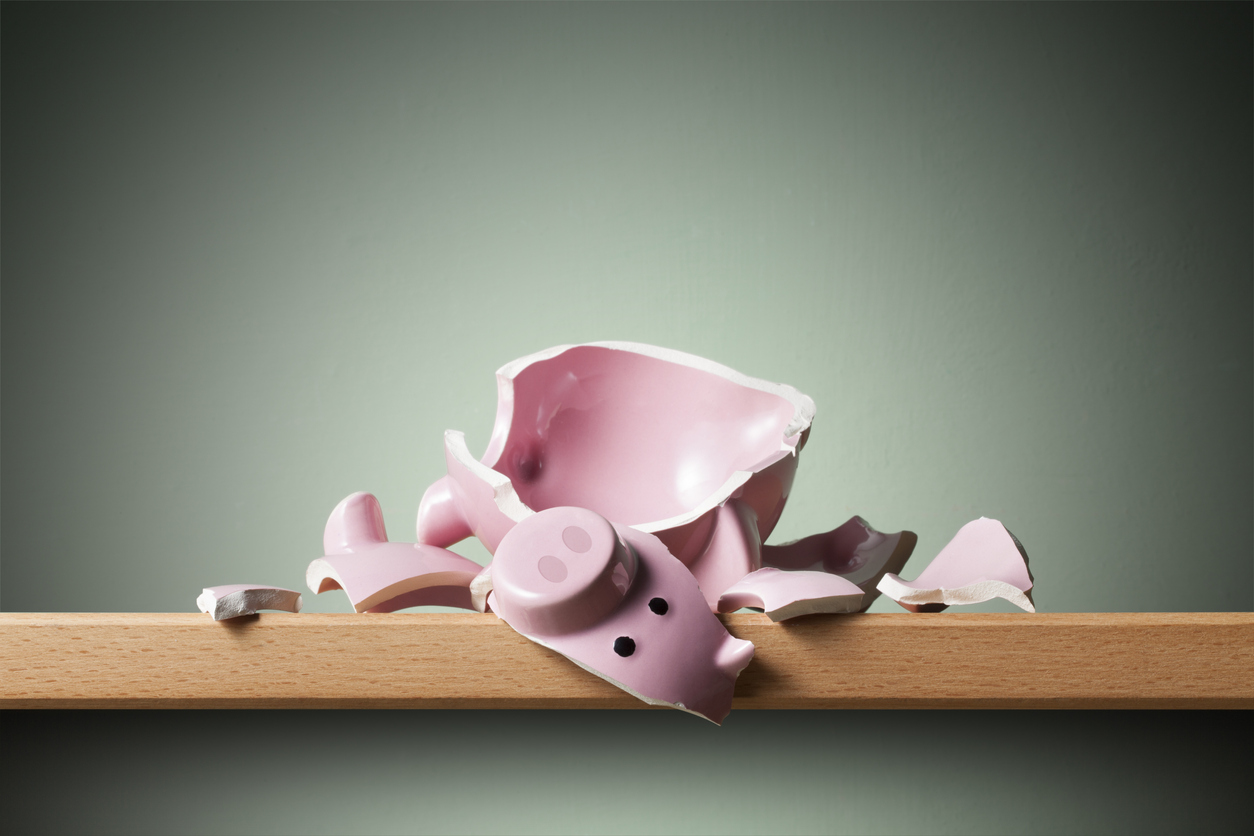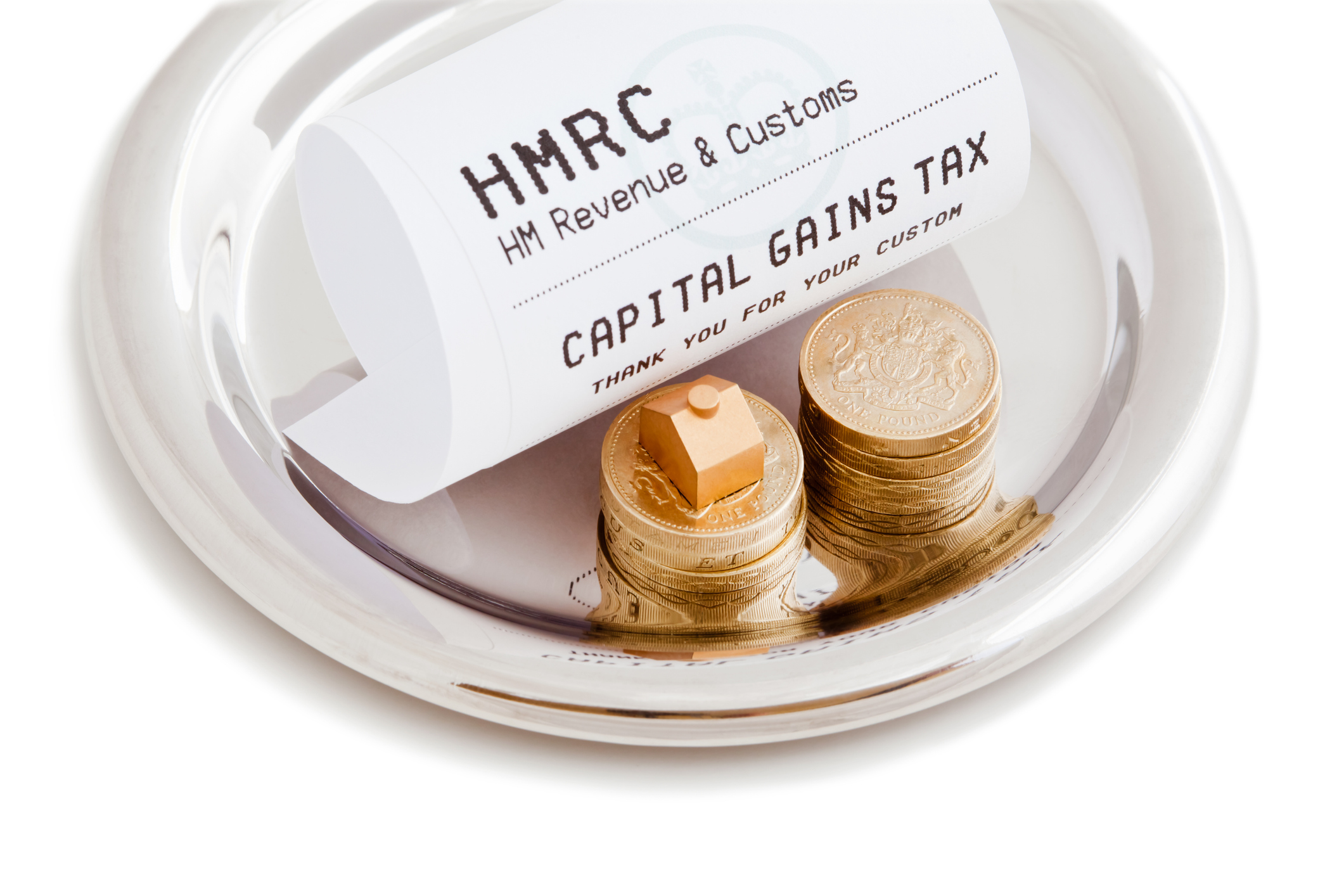
We are living in an era of historically low interest rates, which is particularly bad news for anyone with NS&I Premium Bonds, ISAs, and other cash savings products. Now might be the time to look at getting a better return.
If you were looking for a secure and responsible home for your savings, it used to be hard to beat National Savings & Investments (or NS&I for short). For decades, NS&I was the place where people kept their cash savings, either in Direct Savings Accounts, Cash ISAs, or if you wanted the thrill of winning a possible jackpot, Premium Bonds. One of its biggest selling points has always been that its purpose is to provide money for the UK Government and that all its products are backed by a 100% guarantee from the Treasury.
A long-standing institution
NS&I might seem like a bit of a relic from a past age, and in many ways it is. This is, after all, the same establishment that issued War Bonds and Defence Bonds during the First and Second World Wars. However, today the role that NS&I plays in raising funds for the government is much reduced and represents only a small part of the government’s borrowing plans. Instead, it is far more likely to raise billions of pounds by selling Government Bonds (Gilts) on the open market.
But even if its best days are behind it, NS&I still stands as one of the largest – and most popular – savings institutions in the UK, with 25 million customers trusting it with more than £179 billion. And the problem is that the majority of these customers are being short-changed by the rate of interest they are earning on their savings. That’s because recently NS&I has been trying to discourage people from investing with them. In September, it announced sharp reductions to interest rates across its product range, and these new rates came into effect on 24 November:
- Direct Saver interest rates are being cut from 1.00% to 0.15%
- The interest rate on Income Bonds is cut from 1.15% to 0.01%
- The interest rate on Direct ISAs is reduced from 0.90% to 0.10%
- Junior ISAs don’t escape either – the interest rate is being cut from 3.25% to 1.50%
- Even the monthly odds of your numbers coming up on the Premium Bonds are being slashed – from 24,500 to 1 to 34,500 to 1.
An era of historically low interest rates
It’s worth remembering, of course, that the UK base rate of interest is currently 0.1%. The Bank of England opted to reduce it from 0.25% to 0.1% in March 2020, as part of its measures to control the economic impact of the coronavirus lockdown. So, NS&I is simply making changes that reflect the current state of affairs. But from a savings perspective, things could get worse.
Are negative interest rates on the way?
You might be forgiven for thinking that with the base rate at 0.1%, it couldn’t go much lower. But you would be wrong. The Bank of England has recently started discussing the prospect of negative interest rates, which could take interest rates below 0.0%. Negative interest rates are not unheard of and have already been put in place in the Eurozone, Japan, and Switzerland. Whether negative interest rates are any more effective at encouraging economic support and stability, is still very much open to debate.
In October, the Bank issued a letter to the chief executives of all UK banks and building societies, as well as large international banks and insurers, asking them to identify any “operational challenges” associated with the implementation of zero or negative interest rates. Dave Ramsden, the Deputy Governor at the Bank of England, recently pointed out that negative rates are “certainly in the toolbox for potential use in future”, adding that the Bank “will keep the appropriateness of all tools, including negative rates, under review”.
So, what does this mean for cash savers?
Anyone holding cash in a standard deposit or savings account should understand that their money is already earning a paltry rate of interest – and this is only likely to continue for the time being. Even though inflation is also relatively low at the moment (The Consumer Price Index measured inflation at 0.7% in September), this still means that the value of the cash you hold in the bank is being eroded – it is literally worth less than it used to be. Negative interest rates would mean receiving zero return on your savings, ensuring your money would shrink even faster as it sits on deposit.
So, with savings offering little or no value, should you be looking elsewhere for an income on your money? We think so. If you rely on your savings for an income, it is certainly a good idea to look at some of the alternatives available. For example, investing in a cautiously managed portfolio of stocks and shares could be a way of earning a better rate of return, and growing the value of your investment over time, without taking too many risks with your money. In fact, a zero interest rate environment could even be a positive for UK stocks. This is because it allows companies to borrow more, and should increase the value of its future earnings paid out to shareholders.
There are other investment options available too, so this might be a good time to work out how much cash you hold and whether it could be put to better use to keep your long-term financial plans on track.
If you have cash on deposit, we would be pleased to hear from you to discuss possible alternatives that might be more suitable. Please get in touch with one of our experienced financial planners here.
The value of your investment and income from it can go down as well as up and you may not get back the full amount you invested. Past performance is not a reliable indicator of future performance. Investing in shares should be regarded as a long-term investment and should fit in with your overall attitude to risk and financial circumstances.





